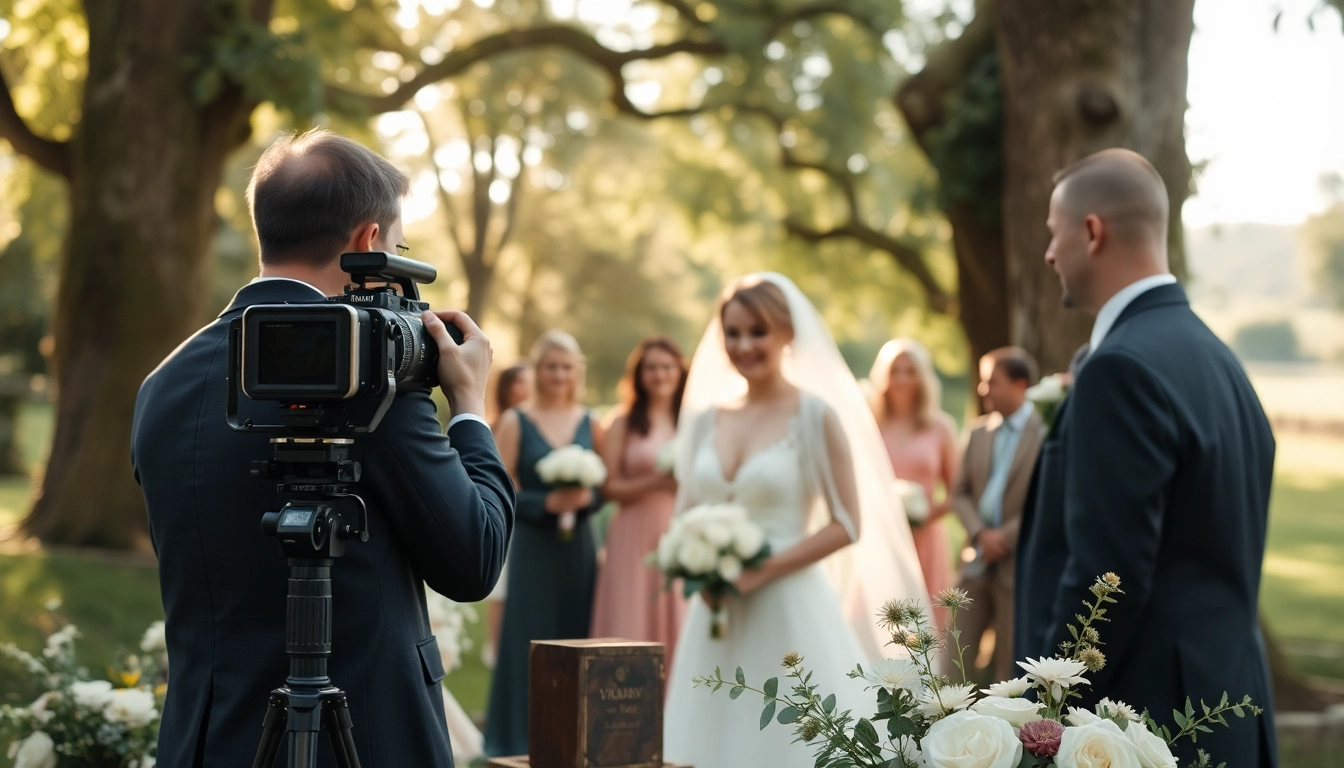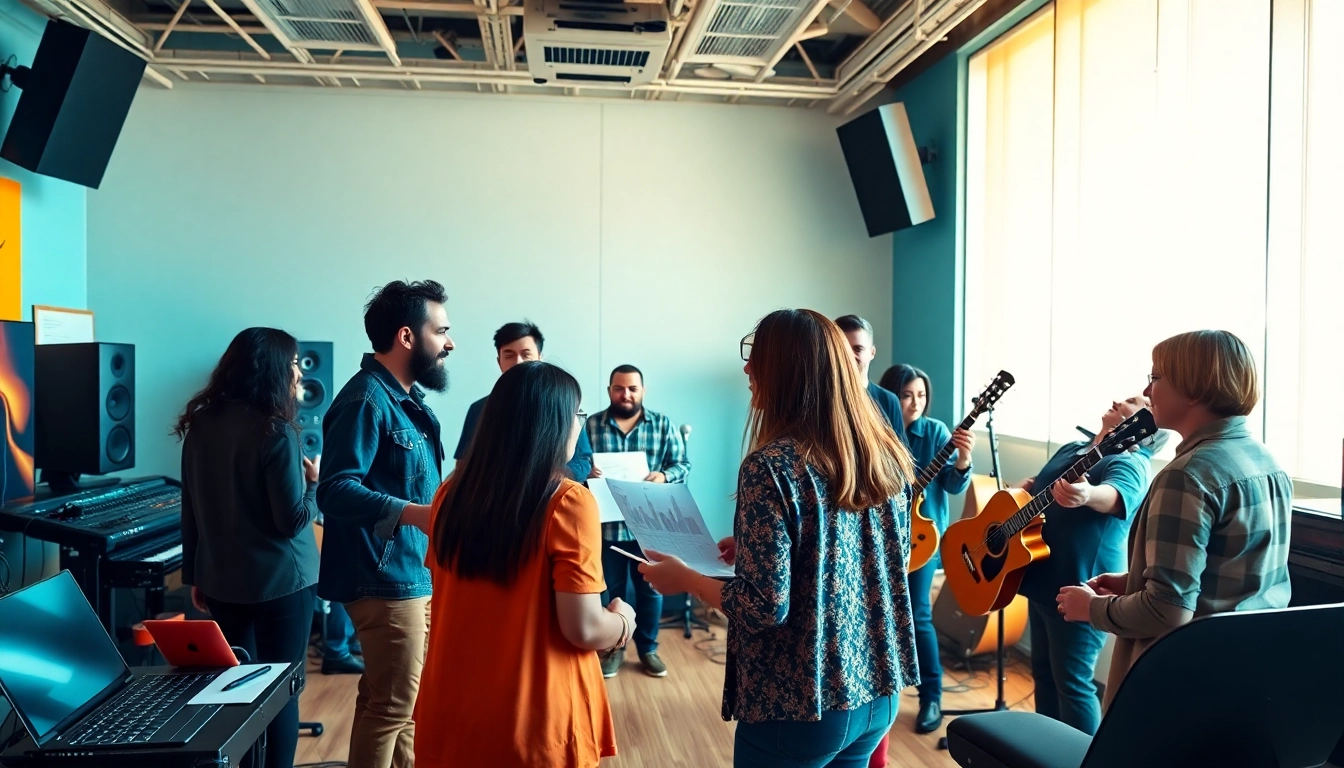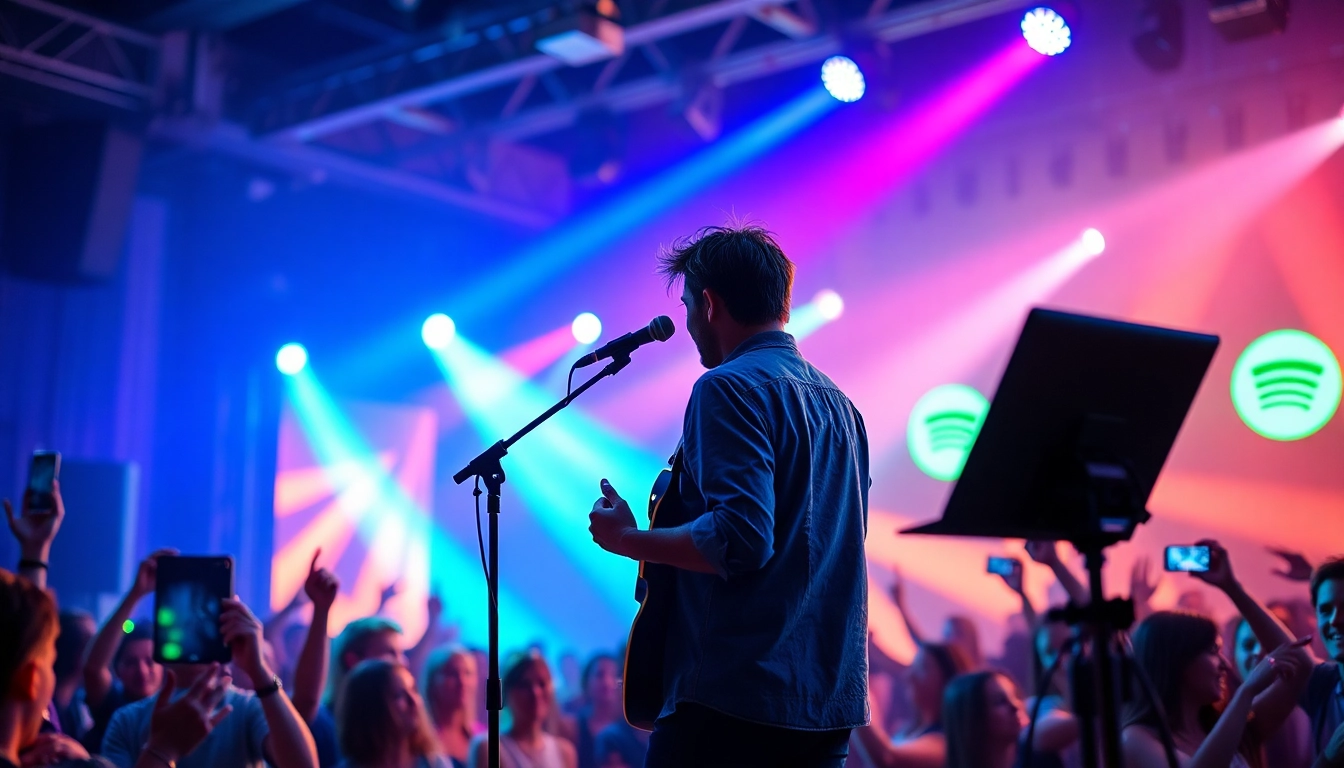Introduction to Chicago Hip-Hop Artists
Chicago has long been a cradle of hip-hop talent, giving rise to a diverse array of Chicago hip-hop artists whose influence mirrors the cultural tapestry of the city itself. From the social issues that permeate the lyrics to the new sounds emerging from the underground, this article explores the intricate layers of Chicago’s hip-hop scene, tracing its origins, evolution, and the shining talents it nurtures.
The Origins of Chicago’s Hip-Hop Scene
The roots of Chicago’s hip-hop scene can be traced back to the late 1970s and early 1980s, a period when the city began to embrace the expressions of the African American community. Pioneers like DJ Frankie Knuckles and artists from the local dance scene helped lay the groundwork for what would become an influential genre. Early hip-hop in Chicago was heavily driven by the same socio-political issues that fueled movements nationwide, focusing on the struggles of the urban community, economic inequalities, and racial injustices.
Cultural Influences Shaping the Industry
Cultural influences play a significant role in shaping the sound and identity of Chicago hip-hop. The city’s rich history of blues, jazz, and soul music has brought a unique fusion to its rap sound. Artists incorporate elements from these genres, often blending traditional hip-hop beats with jazz instrumentals or soulful melodies. This blending creates a distinctive Chicago sound, with artists like Common and Lupe Fiasco drawing heavily from the city’s musical heritage.
Overview of Notable Chicago Hip-Hop Artists
Among the most influential figures from Chicago’s hip-hop community are artists like Kanye West and Twista, who not only garnered national fame but also contributed to shaping the genre. Kanye’s innovative production techniques and genre-bending style helped pave the way for future artists, while Twista’s rapid-fire delivery set new standards in lyricism. Current stars like Chance the Rapper and Polo G reflect the evolution of the scene, showcasing lyrical depth rooted in personal experience.
The Evolution of Chicago Hip-Hop Music
As hip-hop evolved throughout the decades, so did its representation in Chicago. The city’s rap culture continues to thrive, influenced by both historical and contemporary trends.
Key Genres and Subcultures
Chicago hip-hop is a diverse field that includes several subgenres, with drill music being one of the most mentioned in recent years. Emerging in the early 2010s, drill music is characterized by its dark beats and violent lyrics, often reflecting the realities of life in areas plagued by crime. Artists like Chief Keef became the face of this genre, drawing both criticism and acclaim due to its raw authenticity. In contrast, other genres like “conscious hip-hop” have seen artists like Common and Noname addressing social issues through their work.
Comparing Classic and Contemporary Artists
In comparing artists from different eras, the evolution of themes in lyrics and production styles becomes evident. Classic artists like Common and Twista focused on storytelling and lyricism, using their platforms to critique societal issues. In contrast, contemporary artists often blend personal narratives with broader issues, framing their experiences within the context of social media and the digital landscape. This shift highlights not only a change in message but also in how artists interact with their audience.
The Impact of Technology on Chicago Hip-Hop
Technology has had a profound impact on the evolution of Chicago hip-hop. The rise of social media and digital streaming platforms has democratized music distribution, allowing emerging artists to reach audiences without traditional gatekeepers. Platforms like SoundCloud and Spotify have provided a launchpad for countless Chicago artists, enabling them to share their music globally. This shift has also changed how artists interact with fans, creating closer relationships through platforms like Instagram and Twitter.
Famous Chicago Hip-Hop Artists and Their Impact
From trailblazers to rising stars, Chicago’s hip-hop artists have made significant contributions to the genre, shaping its landscape both locally and internationally.
Pioneers of the Scene: Past Influencers
Chicago’s hip-hop legacy is rooted in the accomplishments of its pioneers. Artists like Kurtis Blow, who was among the first to gain national recognition from the city, helped expose the emerging scene to a wider audience. Similarly, the career of Kanye West illustrates the potential to fuse personal and cultural narratives into mainstream music. His impact on fashion, production, and musical experimentation has redefined what it means to be a hip-hop artist from Chicago.
Current Stars Making Waves
Today’s Chicago hip-hop landscape is anchored by stars like Chance the Rapper, who has become a symbol of artistic independence by eschewing traditional label structures in favor of direct engagement with fans. Similarly, Lil Durk and Polo G are rising stars who harness their experiences into compelling narratives, often addressing urban struggles and personal growth. These artists exemplify the dynamic and evolving nature of Chicago hip-hop.
Emerging Talent: The Future of Chicago Hip-Hop
New voices in Chicago’s hip-hop scene are continuously emerging, with artists like G Herbo and Noname gaining attention for their unique perspectives and lyrical depth. Their work not only expands the thematic scope of Chicago’s rap but also redefines success by ensuring they stay rooted in their community while gaining international recognition. The growth of community-based platforms and spaces allows these artists to cultivate their sound and engage with fans on a deeper level.
Community and Collaboration in Chicago’s Hip-Hop Scene
The Chicago hip-hop community thrives on collaboration and support among its artists, with a rich history of partnerships that enhance the overall cultural fabric.
The Role of Local Venues and Festivals
Local venues such as the beat-up but beloved Subterranean or the more established Lincoln Hall serve as fertile grounds for artists to showcase their talents. Annually held festivals like Lollapalooza often feature Chicago artists prominently, allowing exposure on larger stages. These venues and festivals afford artists the chance to test new material and cultivate direct relationships with their fan base, creating a vibrant music scene grounded in community interaction.
Importance of Networking Among Artists
Networking is a critical aspect of Chicago’s hip-hop scene. Many successful collaborations stem from friendships formed in local spaces or online platforms. For instance, the friendship between Chance the Rapper and Vic Mensa helped propel both their careers while highlighting the importance of unity in a competitive industry. These artists often support one another, highlighting the collaborative spirit that defines Chicago hip-hop.
Collaborations that Changed the Game
Collaborative projects such as the “Savage Mode” mixtape by G Herbo laid groundwork for future artists, demonstrating the power of synergy in creating broader appeal. Tracks featuring multiple Chicago artists can shift the dynamic of a piece, mixing styles and appealing to a wider audience. These collaborations also elevate the participants’ exposure, creating a symbiotic relationship within the local scene.
Chicago Hip-Hop Artists in the Digital Age
In an era defined by rapid technological advancements, Chicago artists have adapted to leverage new tools and platforms for maximum impact.
Leveraging Social Media and Streaming Platforms
Social media serves as a critical tool for promotion and engagement for modern Chicago hip-hop artists. Platforms like TikTok have given rise to viral trends that propel songs to success, emphasizing the importance of a strong online presence. Artists utilize Instagram to connect directly with fans, offering a glimpse into their creative processes and personal lives, which enhances loyalty and engagement.
The Influence of Online Communities and Followings
Chicago artists also engage with online communities that foster collaboration and support. SoundCloud has functioned as a launching platform for many artists, enabling them to reach audiences far beyond traditional markets. These communities often create space for early adopters to champion new sounds, leading to the discovery of promising talent who may not have benefitted from conventional pathways.
Success Stories from Chicago Artists on Global Stages
Chicago artists have significantly impacted the global hip-hop stage. Chance the Rapper’s Grammy win for his mixtape “Coloring Book” showcased the potential for independent artists to thrive without major label backing. Similarly, the heartfelt storytelling and emotional depth found in Juice WRLD’s music resonated with millions worldwide, establishing him as a beloved figure in music culture. These success stories illustrate how Chicago’s artists harness both talent and technology to reach impressive heights.



